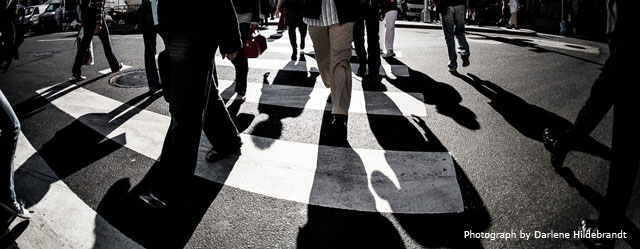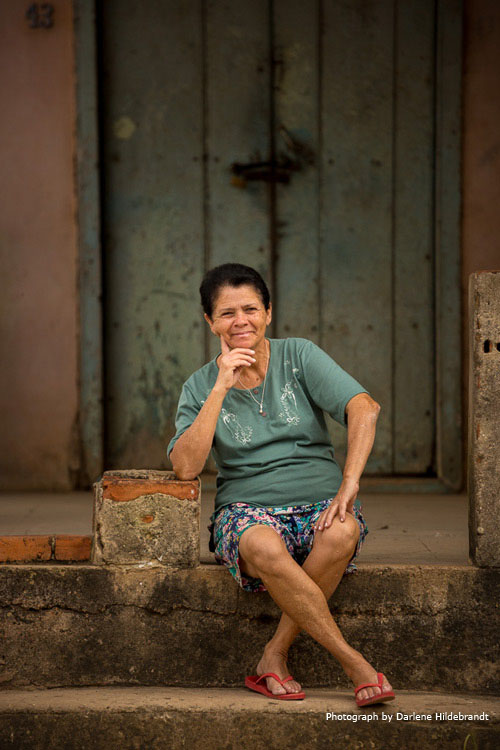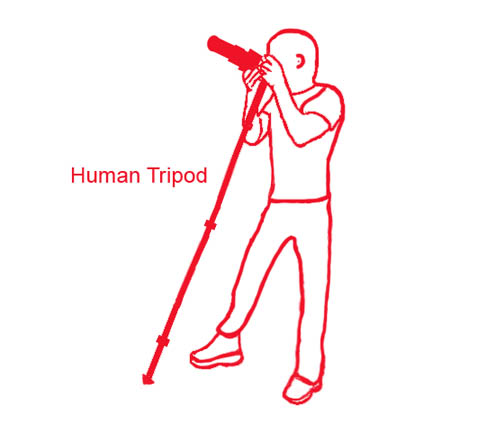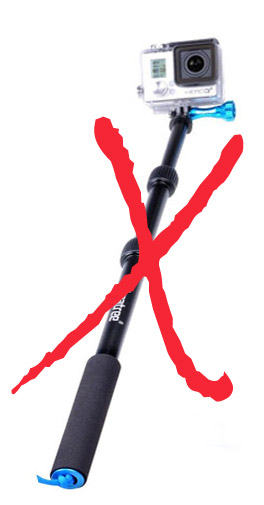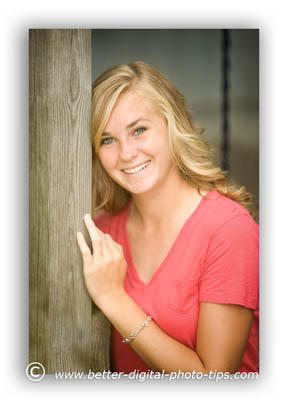HOW TO POSTS: LIGHTING AND COMPOSITION
the digital photo mentor
Darlene Hildebrandt, from the Digital Photo Mentor, wears several photography hats.
She could be labeled as a traveling photographer, digital photography coach, photo editor, photography instructor, or photo tour leader. She divides her time between creating interesting images, posting on her blog, running photography classes and mixing in some photography mentoring too.
Darlene found the time to answer a few question for the Better-Digital-Photo-Tips web site and she shared some of her images for us to enjoy too.
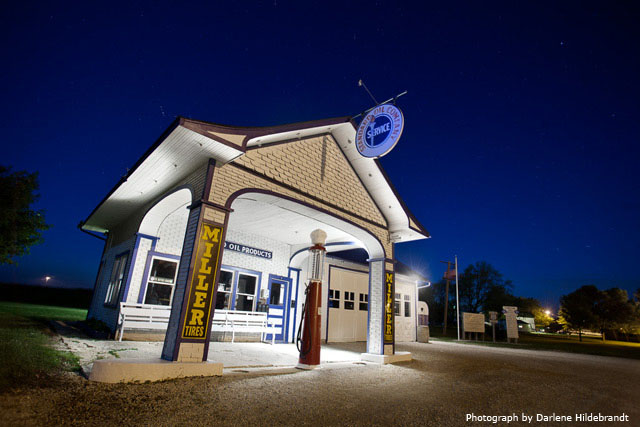 Photo 1 by Digital Photo Mentor-Darlene Hildebrandt
Photo 1 by Digital Photo Mentor-Darlene Hildebrandtfive questions and answers with the digital photo mentor
You’ve been shooting and teaching photography for many years. How did your passion for photography start?
I actually got a 35mm film camera when I was about 15 from my mom. I played with it taking fun photos and then in high school was on the yearbook team and I took a lot of the photos. From there I decided to explore it as a career, did a "ride along" day with a photography student in the 2 year program I ultimately graduated from and that was it - I decided it was the right path for me.
It's actually a bit ironic because my second choice was computer science and now that everything is all digital and a lot of my teaching is done online I'm pretty much combining both now.
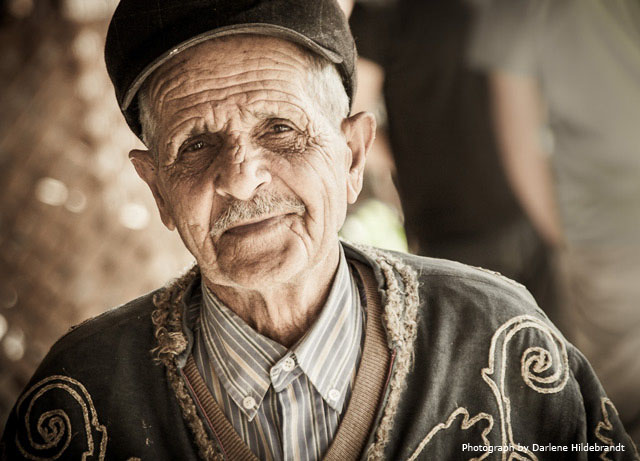 Portrait by Darlene Hildebrandt
Portrait by Darlene HildebrandtWhat were the hardest skills you personally needed to learn to become such a successful pro?
I ran a portrait and wedding studio with my ex-husband for almost 12 years. The hardest skills I needed to learn were not photography skills, but that of business. Over the years I've seen many great photographers fail because of poor or lack of marketing and sales skills; and many that did average work but did well because of their business skills.
Being able to market and promote yourself, and subsequently sell your work is essential to being a successful professional photographer. No matter if you are doing portraits, magazine work, stock, or any other genre of photography you must need to know how to sell yourself.
Tell us a little bit about the digitalphotomentor and your biggest challenge in getting that going.
Building an online presence and an audience is not something you can do overnight. One of the challenges I've faced doing that is finding the time to write while still maintaining a part-time day job, teaching, and doing private tutoring just to make ends meet.
Also having the power to persevere even when I had few people reading my site was difficult at times. I also had to learn to write and find my voice as a writer and teacher - all those things take time.
You’ve spent a significant amount of time with charity work. What has been your biggest reward?
Perspective! I've done work with local charities for years and what it gives me above all else is perspective. When I feel like life isn't going well or I'm unhappy - it helps me see that I have so much to be grateful for, when so many have nothing. Times in my life when I've had no job and little money - I've turned to volunteering.
The other piece of doing charity work is of course is seeing the joy on the faces of the people on the receiving end, and being part of something good. The bigger picture is about helping improve someone else's life - if only for a day or a few moments.
So we build a charity aspect into our photography tours as well to spread it a little farther and allow other people to have an experience of sharing and giving in another country. They also take home a little perspective of their own as well.
 New York City-Darlene Hildebrandt
New York City-Darlene HildebrandtDo you do much post capture editing and if you do, what specific piece of editing software is your favorite?
Yes I do but I tend to keep it to a minimum and pretty natural looking. The software I use most often is Lightroom. I also use Photoshop but most of my editing is done in Lightroom (about 95%) with the exception of doing things like HDR, the odd head swap on a portrait, or adding special affects by using plugins or grunge/texture layers (which I don't do very often).
My processing mostly consists of adjusting the white and black points, contrast, clarity, color, and tone control to highlight the subject. For portraits I keep it natural and enhance the person's appearance gently while still maintaining them looking like themselves.
I recommend Lightroom and teach it to my students because I believe it is easier to use for beginners and is better designed for photographers. Yes there is room for Photoshop, but I leave that for more advanced users.
If you enjoyed this interview with the digital photo mentor, please share it with someone.
Darlene has developed a web site, the Digital Photo Mentor to get the word out on what she has to offer. You can find digital photography tutorials, photo travel tours, online photography courses, and other products on her site: http://www.digitalphotomentor.com/
Thanks you Darlene for taking the time out of your schedule to share your thoughts with my readers.
Keep shooting. Stay inspired!
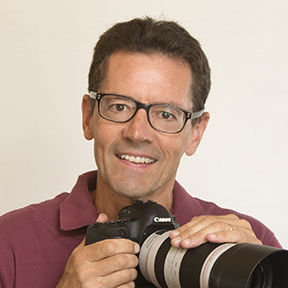
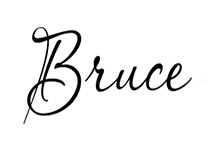
ABOUT BRUCE LOVELACE
Bruce is the publisher of this website. He is the author of the book "Improve Your Photography Instantly." Read more on Bruce on his Bio Page. He's been known as The Traveling Photographer ever since 1994. Read more about this website.
View some of Bruce's photos on Instagram. Visit the Facebook Page. Watch him on YouTube. Bruce runs photo workshops for kids and adults, and provides one-on-one photography coaching.
Digital Photography Education Location on Google My Business

